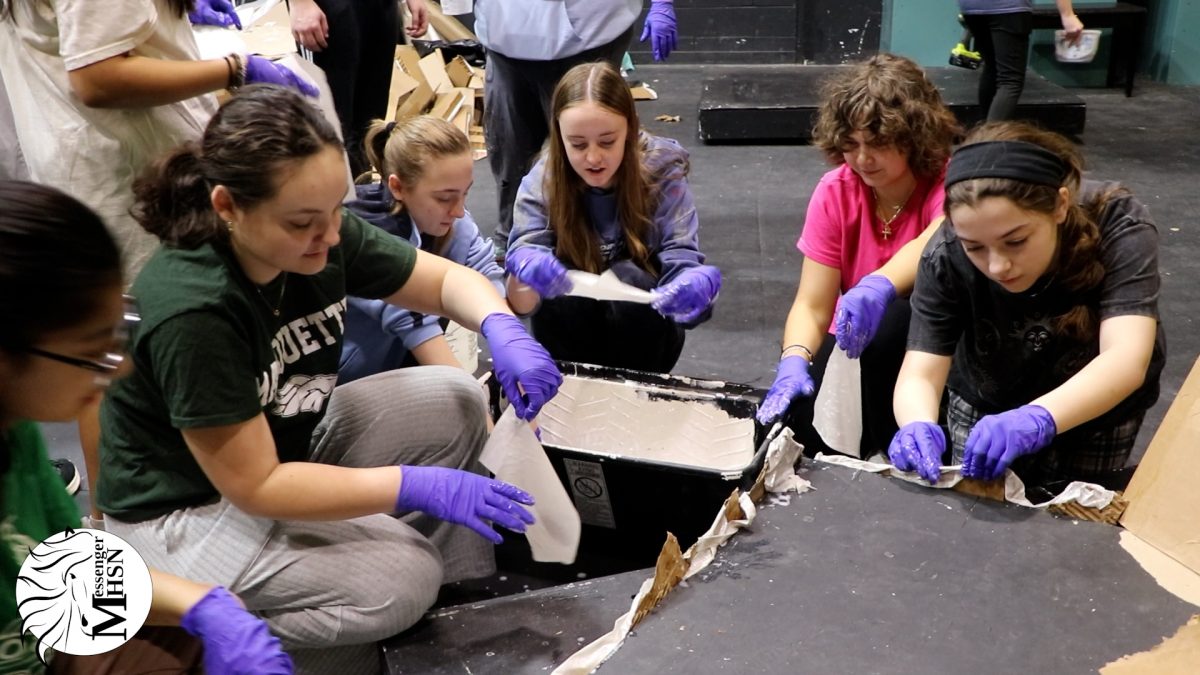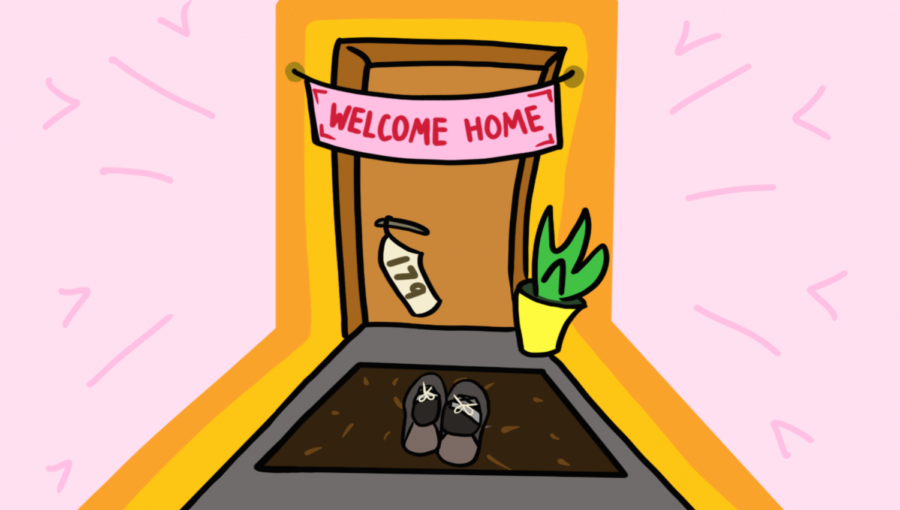Project Homekey aims to combat the homelessness crisis in the Bay Area by converting commercial properties and existing buildings into housing for the homeless. While advertised as an effective and sustainable way to provide housing solutions for those in need, it has faced backlash from residents living near the proposed sites.
In 2019, the San Jose homeless count was 9,706, a 31% increase from 2017. As the COVID-19 pandemic forced residents home, homeless populations, of which chronically ill and elderly people constitute a large portion, were placed at disproportionate risk of contracting the virus due to a lack of access to vaccination clinics and decreased economic opportunities due to their lack of housing.
The first round of Project Homekey was initiated by the Newsom administration in July 2020 and targeted the crisis by using $600 million to diversify housing options for homeless people at risk for COVID-19 and further protect Californians experiencing or at risk of homelessness. A new budget released in January 2021 set aside $1.4 billion in grant funding to public entities to build and convert public arenas such as hotels and motels into housing for the homeless.
To establish a Project Homekey site, an application must be submitted by a state, regional or local public entity or corporations partnering with a public entity. Locations are proposed based on the facility’s existing features and whether the owner is willing to sell their property. After the applicants receive funds, they can purchase and turn the proposed site into permanent or interim housing. While Homekey covers up to 24 months of operating expenses, projects eventually need to secure long-term sources of funding.
Potential tenants apply through the county office before undergoing a thorough screening process. Tenants are accepted based on their scores on a vulnerability index, preferential to those with disabilities and therefore more in need of safe housing. Accepted tenants will pay rent that does not exceed 30% of their monthly income, and tenants who are unable to pay can apply for rent subsidization programs.
Once accepted, a tenant has access to a multitude of facilities within the site, including a stovetop, on-site meal services and a bed. A typical Homekey location has around 120 units, each housing one or two residents. Given that permanent housing still requires payment, tenants often leave and return from Homekey sites as they go about their work day, similar to an apartment.
“There’s a full mental health staff, there’s food, they give rides and bus tokens — there’s a lot of resources here,” resident Yvette Valles said.
Currently, Santa Clara County is home to four sites under Project Homekey: Hillview Apartments, Best Western SureStay Hotel, Casa de Novo and LifeMoves Mountain View. On Nov. 2, two more sites were approved: the Crestview in Mountain View and the Bella Vista Inn in Santa Clara. $33 million in Homekey funding will be used to buy and turn these hotels into permanent supportive housing sites. Combined, the two projects will provide 200 units of affordable housing to those in need.
Despite the positive results of the project, news of the proposals sparked a heated debate between residents and local advocates in the area. Many support the project out of the moral obligation to help and cite the need for affordable housing among the skyrocketing rent and housing prices in Santa Clara.
“I’m definitely supportive of it because we need to do something — we can’t just have them stay in the streets without assistance,” English teacher Andrew Seike said.
However, hundreds of residents have expressed opposition. Letters sent to the Santa Clara County Board of Supervisors claim insufficient correspondence about Homekey plans. In addition, since the sites are located only 0.9 miles apart in densely populated residential areas, some are concerned that the hotels will attract crime and sink property values, using a murder at Hillview Apartments as an example. Tenants at the site have also expressed concerns about safety.
“Compared to being on the streets or in a hospital, being here is okay,” Hillview Court resident Kanani Tejero said. “But there’s a lot of people here that I don’t agree with being here, in regards to safety reasons.”
Petitions opposing the projects have also garnered more than 2,500 signatures each. Despite government approval for both projects, residents remain opposed to construction of affordable housing. In response to the public outcry, supervisor Otto Lee promises more community involvement in the process. To address concerns of surrounding families, there will be multiple public meetings before any large project is approved. Additionally, Homekey sites will be monitored by security companies and on-site officers.
Given that Homekey can only provide up to two years of funding for renovation, financial issues remain. Santa Clara County supervisors made the first commitment toward this challenge by dedicating $25 million to Project Homekey sites. In addition, the county has submitted dozens of proposals to the state to build 800 housing units over the next nine months.
Due to its success in California, Project Homekey has become a national model for housing the homeless. In the federal stimulus bill approved in March 2021, Congress allocated $5 billion for states to create new affordable housing, such as hotel and motel conversions. While Project Homekey’s solution to the homelessness crisis continues to draw opposition, the project has set a precdent for a new method of creating sustainable housing opportunities. For those experiencing homelessness, it is a key source of hope for a brighter future.
This story was originally published on The Epic on December 7, 2021.

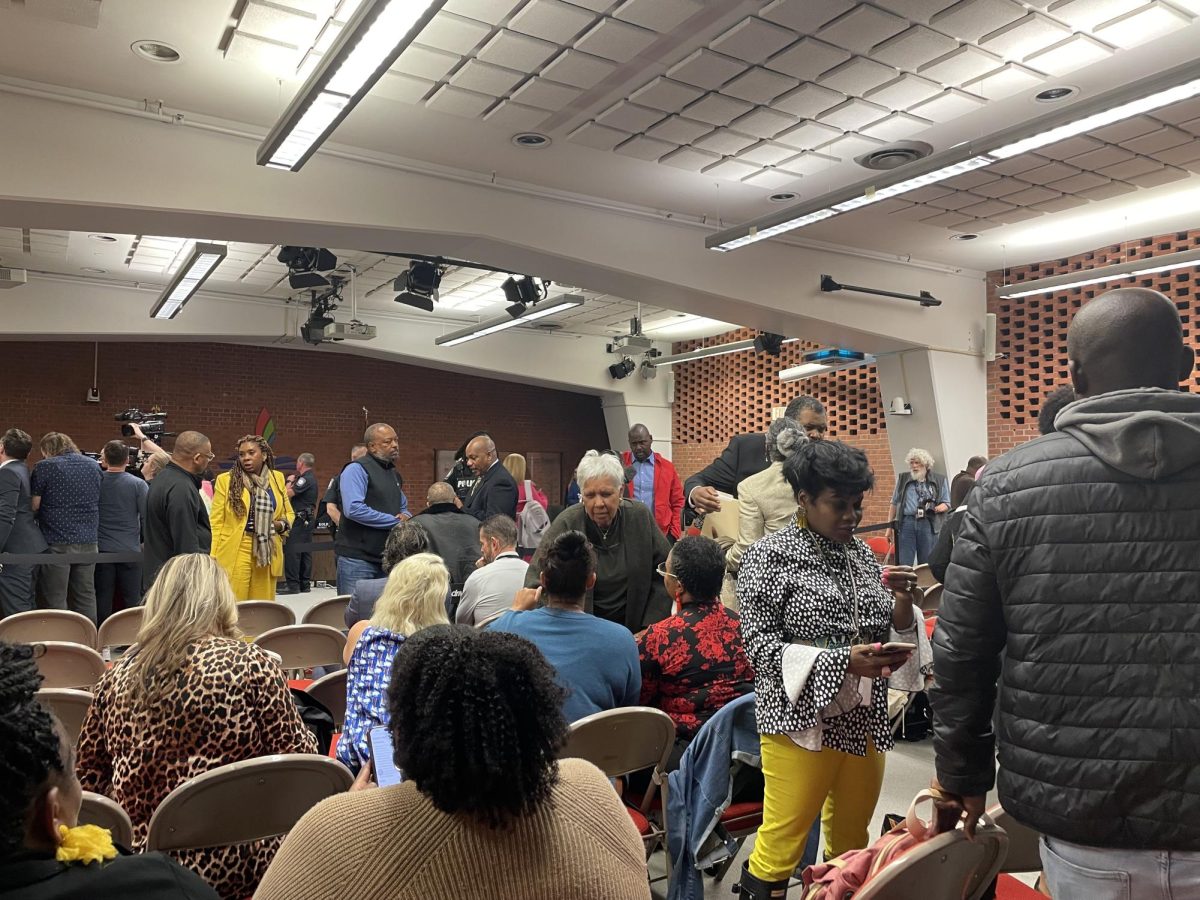

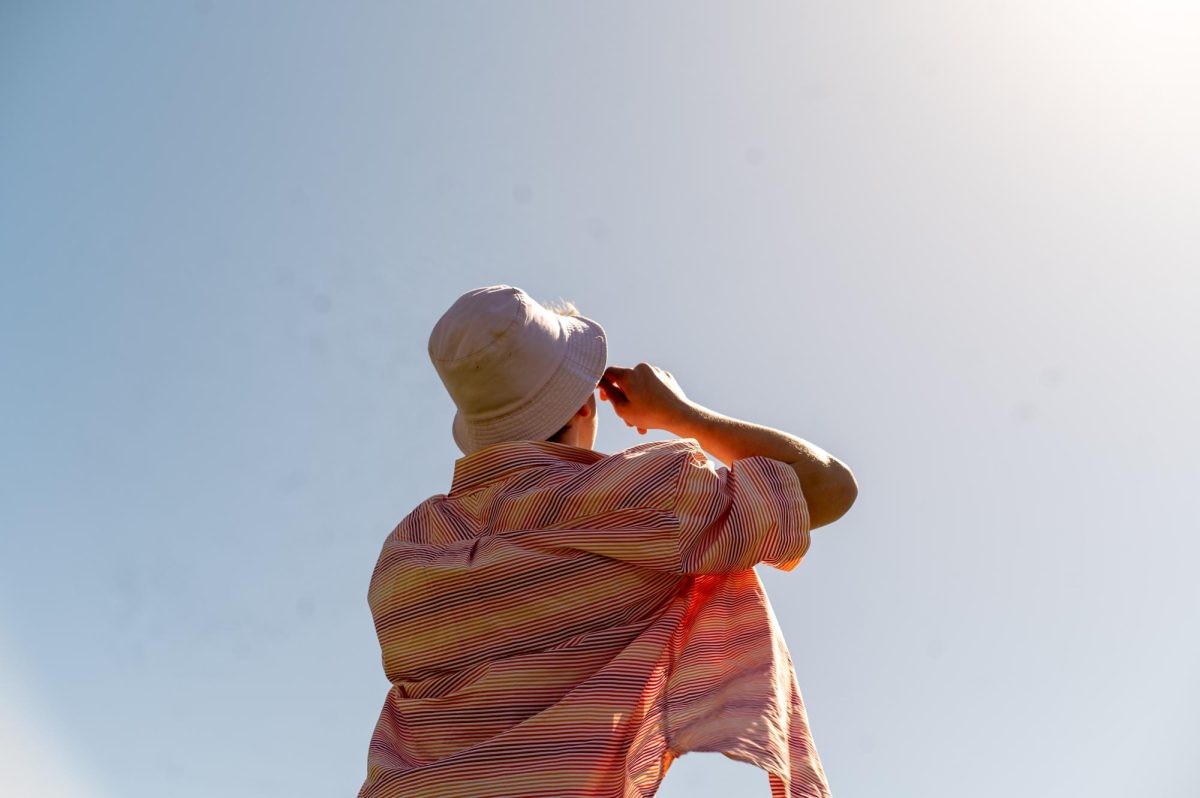

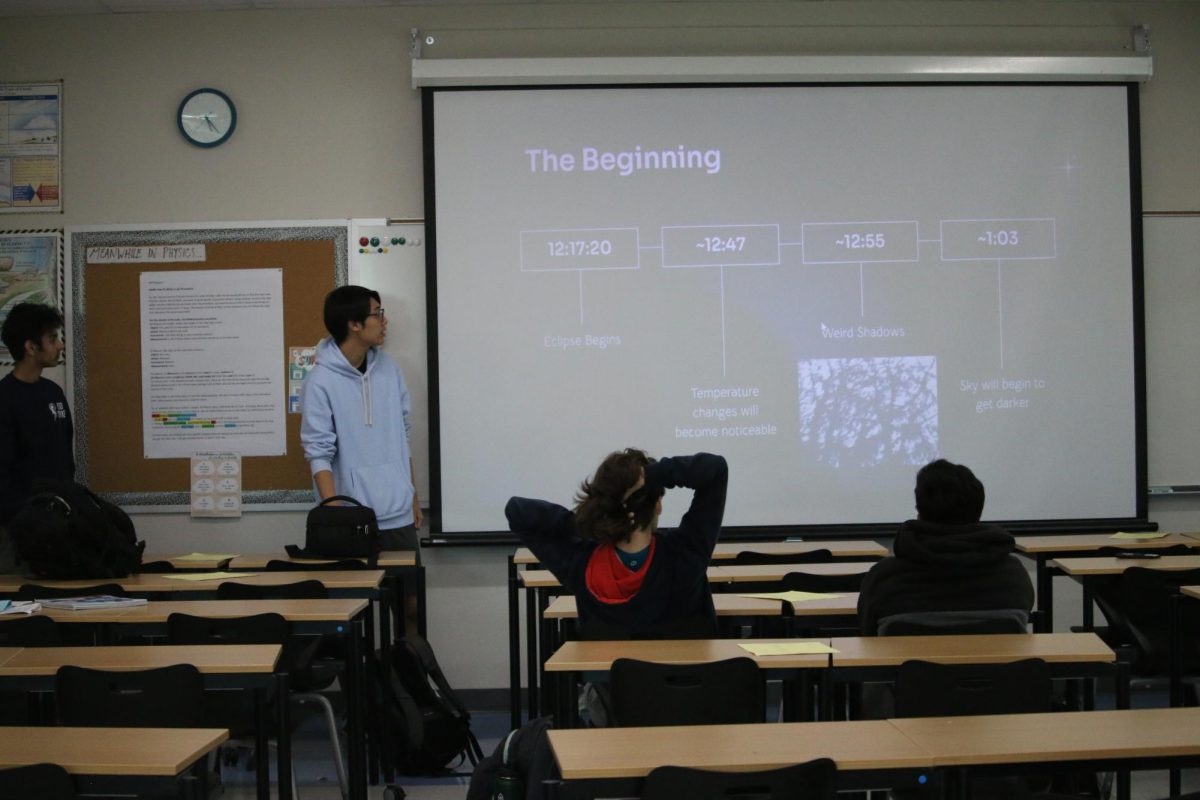
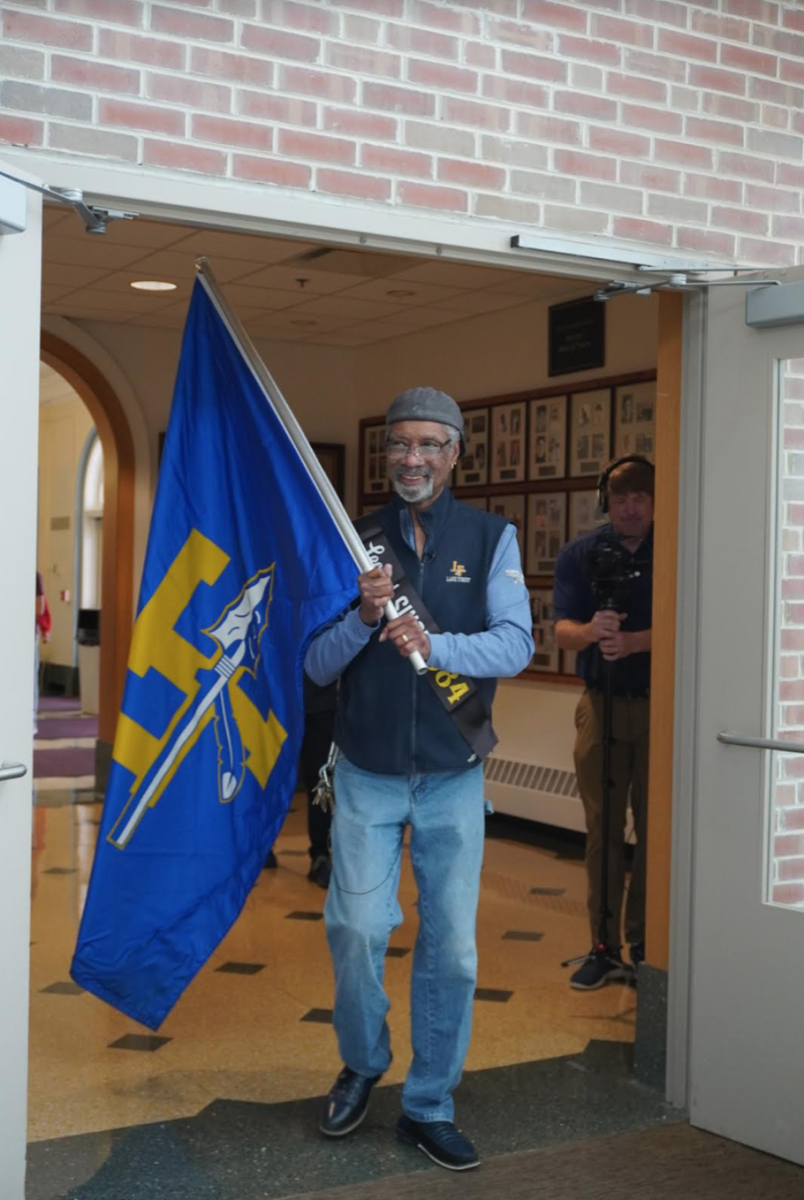
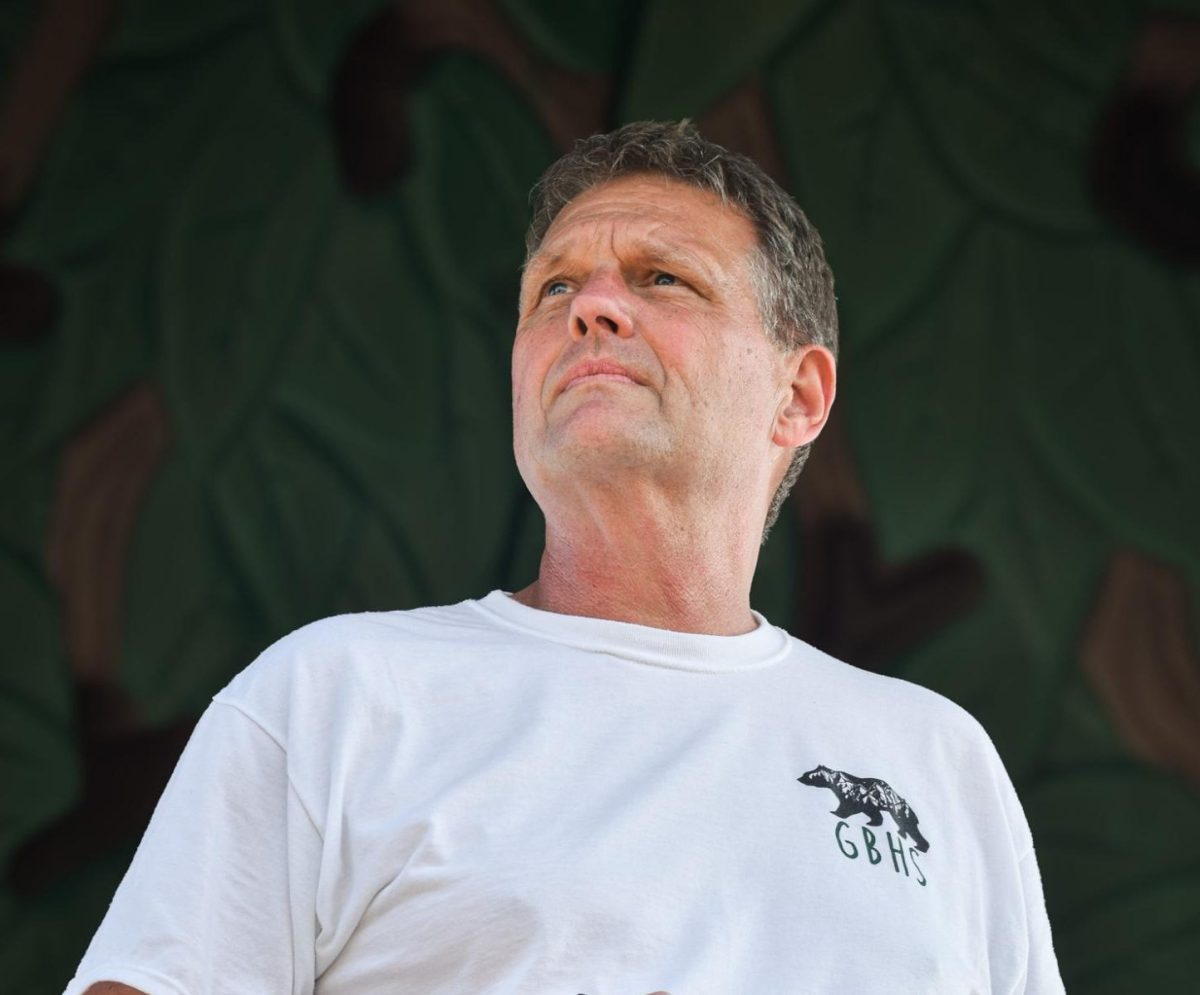




















![IN THE SPOTLIGHT: Junior Zalie Mann performs “I Love to Cry at Weddings,” an ensemble piece from the fall musical Sweet Charity, to prospective students during the Fine Arts Showcase on Wednesday, Nov. 8. The showcase is a compilation of performances and demonstrations from each fine arts strand offered at McCallum. This show is put on so that prospective students can see if they are interested in joining an academy or major.
Sweet Charity originally ran the weekends of Sept. 28 and Oct. 8, but made a comeback for the Fine Arts Showcase.
“[Being at the front in the spotlight] is my favorite part of the whole dance, so I was super happy to be on stage performing and smiling at the audience,” Mann said.
Mann performed in both the musical theatre performance and dance excerpt “Ethereal,” a contemporary piece choreographed by the new dance director Terrance Carson, in the showcase. With also being a dance ambassador, Mann got to talk about what MAC dance is, her experience and answer any questions the aspiring arts majors and their parents may have.
Caption by Maya Tackett.](https://bestofsno.com/wp-content/uploads/2024/02/53321803427_47cd17fe70_o-1-1200x800.jpg)
![SPREADING THE JOY: Sophomore Chim Becker poses with sophomores Cozbi Sims and Lou Davidson while manning a table at the Hispanic Heritage treat day during lunch of Sept 28. Becker is a part of the students of color alliance, who put together the activity to raise money for their club.
“It [the stand] was really fun because McCallum has a lot of latino kids,” Becker said. “And I think it was nice that I could share the stuff that I usually just have at home with people who have never tried it before.”
Becker recognizes the importance of celebrating Hispanic heritage at Mac.
“I think its important to celebrate,” Becker said. “Because our culture is awesome and super cool, and everybody should be able to learn about other cultures of the world.”
Caption by JoJo Barnard.](https://bestofsno.com/wp-content/uploads/2024/01/53221601352_4127a81c41_o-1200x675.jpg)



